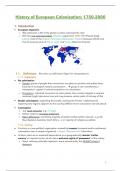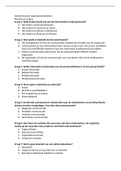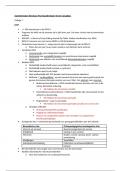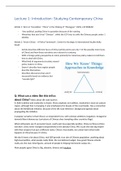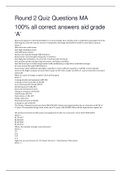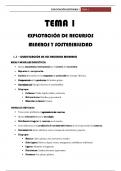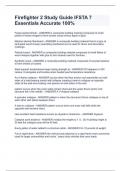Samenvatting
Volledige samenvatting History of European Colonization
- Instelling
- Katholieke Universiteit Leuven (KU Leuven)
Dit is een volledige samenvatting van alle lessen (exclusief gastles) van History of European Colonization, gedoceerd door prof. Idesbald Goddeeris, in het Engels. Ik haalde een 18/20 in eerste zit en studeerde enkel dit document!
[Meer zien]
